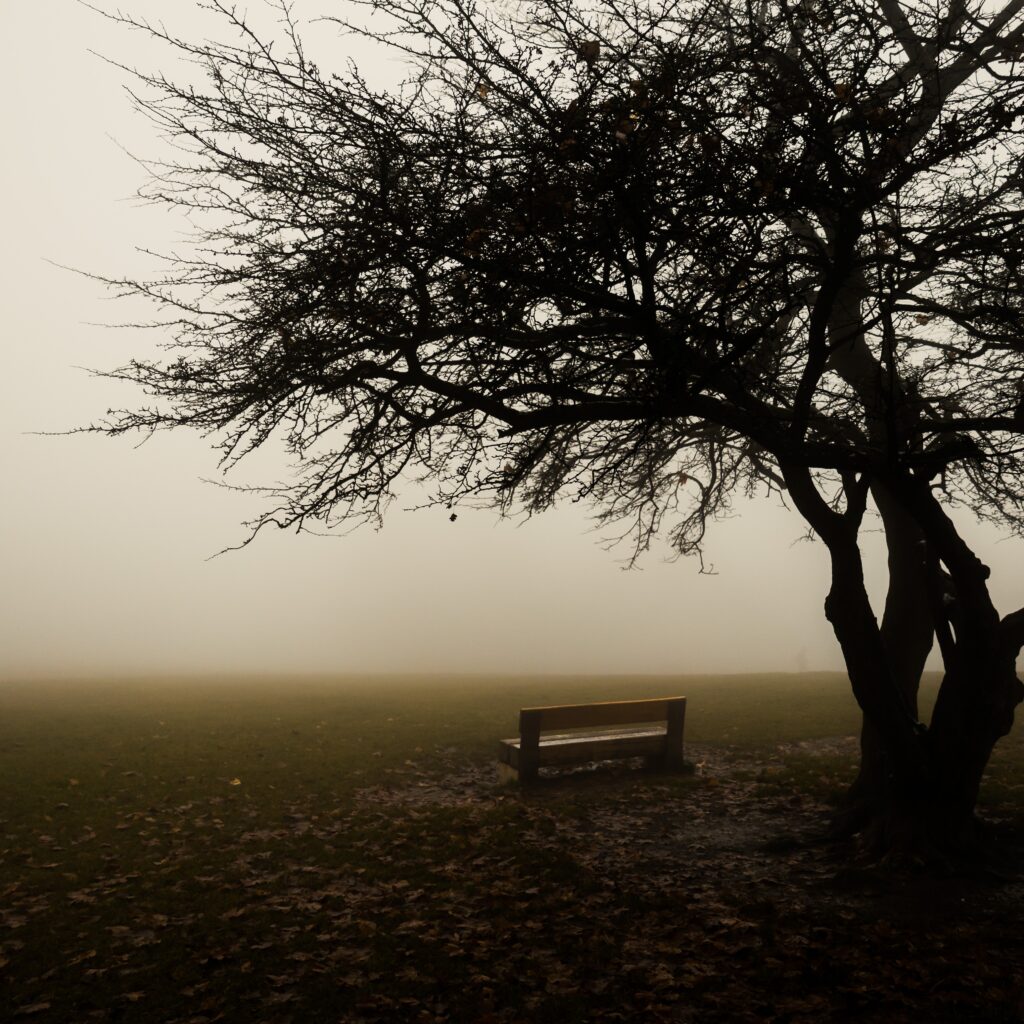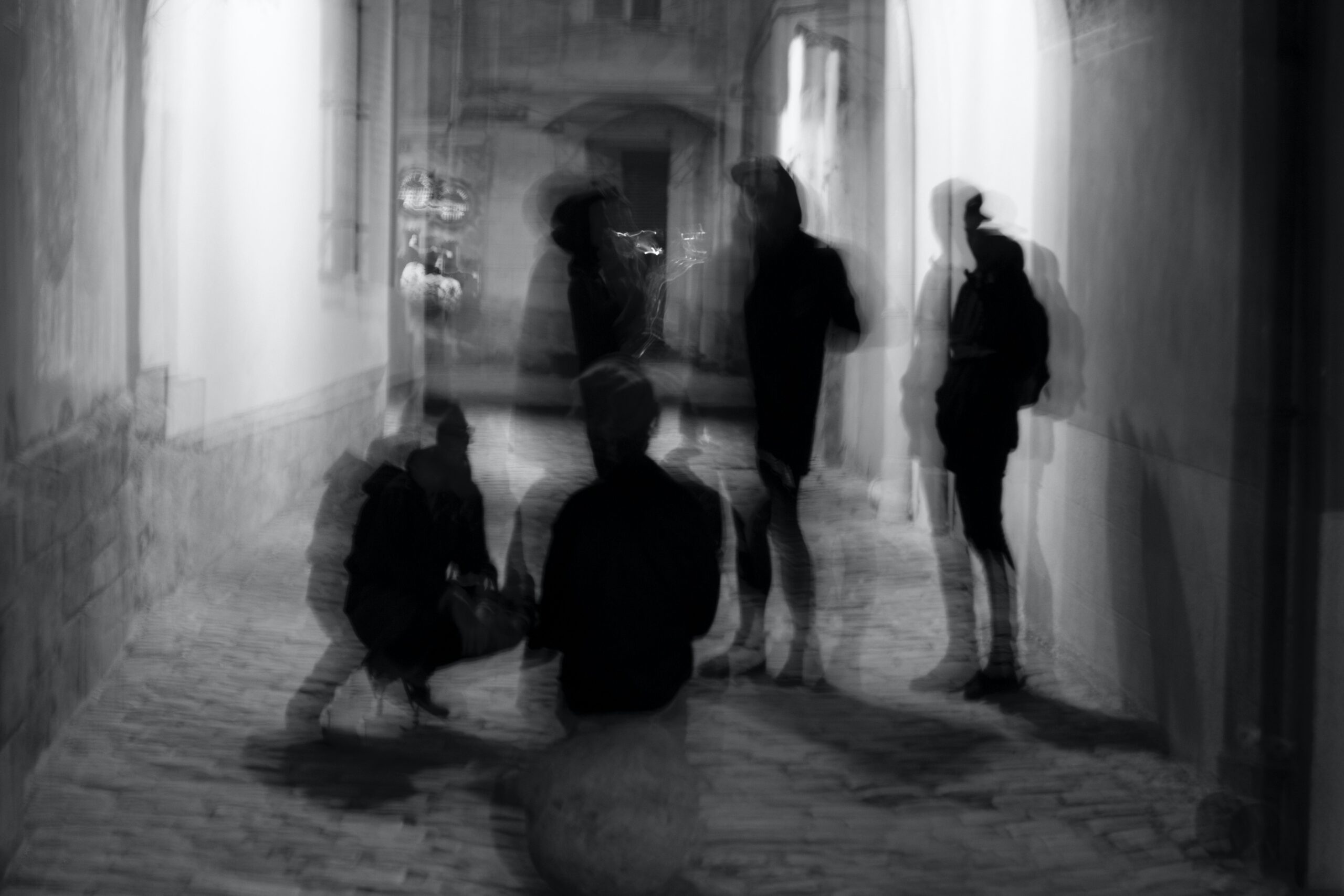Fear is an intensely unpleasant emotion in response to perceiving or recognizing a danger or threat. What is our darkest fear? Discover the profound aspects of human fears as we delve into the question, Fear is an inherent part of the human experience, a primal emotion that has shaped our survival throughout evolution. Have there ever been times in your life when you were overcome with fear?
And it prevented you from taking a step forward in your life? Most of us would respond “yes” to that. We fear a lot of things in life as living beings. receiving it from our spouses, parents, teachers, friends, and other people. Even though everything is anonymous, it can be unsettling to dig deep inside and face our worries.
10 Darkest Fears: Facing the Unseen Monsters Within
What is our darkest fear? Fear of the Unknown
The fear of the unknown is deeply rooted in our need for control and certainty. When faced with uncertainty, our minds tend to conjure up worst-case scenarios, triggering anxiety and stress. This fear can prevent us from taking necessary risks or embracing new opportunities. To overcome this fear, it is crucial to reframe our mindset and view uncertainty as a chance for growth and adventure. By focusing on the present moment and cultivating a positive outlook, we can navigate through life’s uncertainties with greater resilience. What are the most common symptoms of this type of phobia?
Fear of Failure
The fear of failure is a common fear that can be paralyzing and detrimental to personal growth. Many individuals avoid pursuing their dreams and ambitions due to the dread of failing. However, it’s essential to recognize that failure is a natural part of life and often serves as a stepping stone to success. Identifying the Fear of Failure. By reframing failure as a learning opportunity and embracing resilience, individuals can break free from the shackles of this fear and pursue their goals with renewed determination.
Fear of Rejection
The fear of rejection is closely tied to our need for social acceptance and belonging. This fear can manifest in various aspects of life, from relationships to career opportunities. Fear of rejection can lead to self-doubt and prevent individuals from expressing their true selves authentically. So What is our darkest fear? Overcoming this fear requires building self-confidence and self-worth. It’s important to understand that rejection is not a reflection of one’s value as a person. Surrounding oneself with supportive and understanding individuals can also help to alleviate this fear and foster healthier connections.

Fear of being judged
What is our darkest fear? The fear of being judged often arises from a fear of rejection or a need to conform to societal norms and expectations. It can manifest in various situations, from social interactions to professional settings. Fear of judgment can be particularly pronounced in individuals with low self-esteem or those who have experienced past negative judgments. what if i ask you to tell your secret of life to a stranger. It won’t be a problem right no judgement, no expectations, nothing it will be just a stranger . Even if that person judges you, you won’t feel bad or anxious about it. Because we don’t care about it . But for some this can’t be done with known ones.
Fear of Death
The fear of death is a universal fear that often remains hidden beneath the surface. It is a profound fear of the unknown and the idea of losing everything we hold dear. Death is inevitable, we all know it very well. Who is at risk for this? One day it has to come no matter what and who we are. All our lives we fear death. We fear it because it’s unknown , the fear of feeling pain, loneliness of dying, fear of non-existence, its fear of the unknown after death.
To confront this fear, it is essential to acknowledge the impermanence of life and focus on living in the present moment. Embracing the idea that death is a natural part of the life cycle can help individuals appreciate the time they have and live more purposefully.
Fear of Heights
Acrophobia, the fear of heights, affects millions of people worldwide. It can be a debilitating fear that restricts individuals from enjoying activities involving heights. Exposure therapy is a common and effective approach to managing this fear. By gradually exposing oneself to heights in a controlled and safe environment, individuals can desensitize themselves and reduce the intensity of their fear.
Fear of Darkness
Nyctophobia, the fear of darkness, often begins in childhood and can persist into adulthood. To address this fear, creating a comforting and safe sleeping environment can help individuals feel more secure. Gradual exposure to darkness, such as dimming the lights slightly at night, can also aid in desensitizing the fear. Understanding that darkness is a natural part of the daily cycle can further reduce its impact on one’s psyche.
Fear of loneliness and being lonely
Fear of being alone and lonely- Its two meanings are distinct. The true stage of feeling sad when you are alone is loneliness. The fear of loneliness is the concern that at some point in your life, you will be by yourself. Imagine you enjoy reading books, but when you are alone, your mind starts to worry about what can happen because you are always alone, which makes you feel lonely. We are afraid of how we will feel when we are alone in the future, not how we will feel right now.

Fear of Snakes
Ophidiophobia, the fear of snakes, is an ancient survival instinct. In today’s urban environment, encountering snakes is relatively rare, yet this fear can be deeply ingrained. Education is a powerful tool to manage this fear. Learning about snakes, their behavior, and the likelihood of encountering them in specific regions can help individuals distinguish between rational caution and irrational fear.
Fear of Clowns
What is our darkest fear? Does Coulrophobia, the fear of clowns, is the darkest fear ? Yes it can be particularly distressing, especially for children. This fear may be triggered by the exaggerated appearances and unpredictable behavior of clowns. To overcome coulrophobia, understanding the reasons behind the fear is crucial. What causes a fear of clowns? Exposure to friendly clown images or videos can gradually reduce the fear’s intensity. Seeking support from friends or family during exposure can also be comforting.
Frequently Asked Questions (FAQs)
Is fear a natural emotion?
Yes, fear is a natural and adaptive emotion that helps us respond to potential threats or dangers.
Can fear be beneficial?
In moderate amounts, fear can be beneficial as it keeps us alert and cautious in risky situations.
How can I overcome my deepest fears?
Facing your fears gradually, seeking professional help, and practicing relaxation techniques can be effective ways to overcome deep-seated fears.
What is the fight-or-flight response?
The fight-or-flight response is our body’s automatic physiological reaction to perceived threats, preparing us to either confront or flee from danger.
Can fear be learned?
Yes, fear can be learned through experiences, observations, and even cultural influences.
How does fear affect our daily lives?
Fear can influence our decision-making, relationships, and overall well-being, impacting various aspects of our daily lives.
The exploration of “What is our darkest fear?” takes us on a journey through the intricate web of human anxieties. From the fear of failure to the fear of success, each fear has its unique impact on our lives . We all experience dread, which is completely normal, but how another person interprets and views that fear can differ. If you can share it and talk about it properly, it ceases to be a dread. What is our darkest fear? The list of fears doesn’t stop here; it also includes: fear of disappointment, worry of disappointing others, fear of not being good enough, and more.
Ask yourself what your fear is trying to tell you instead of fighting it. Perhaps the feeling isn’t even dread at all, but only a self-serving belief. Make use of your fear as a guide. to aid in your development.

